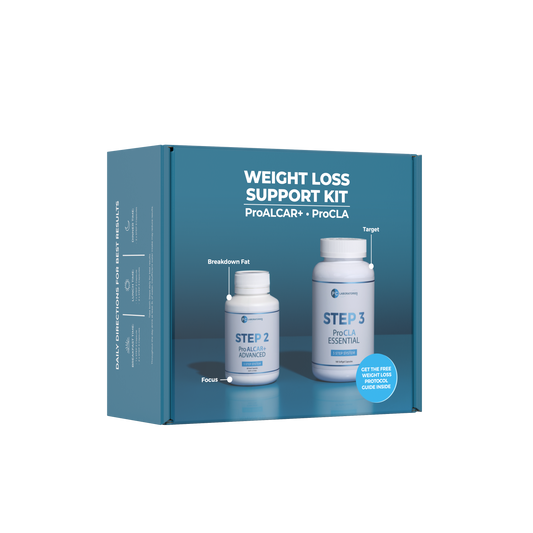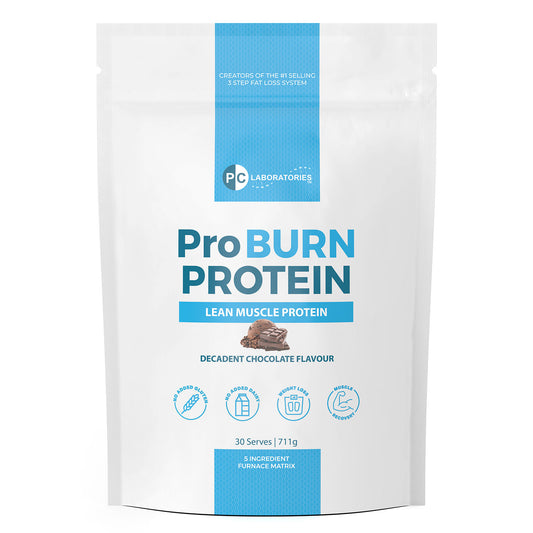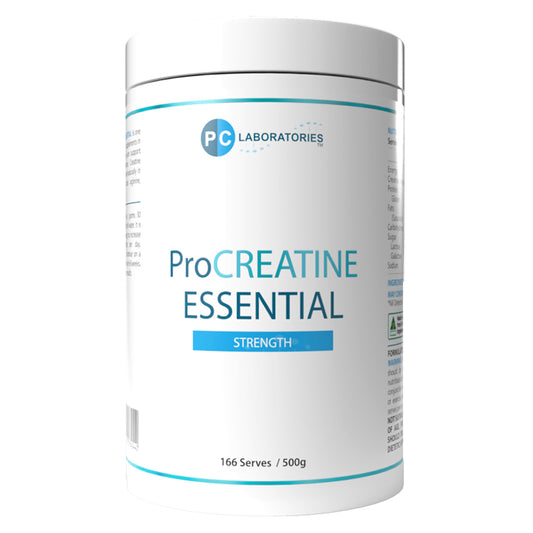Low-carbohydrate, high-fat diets, also known as LCHF diets, have previously been a popular way to lose weight. LCHF diets have been discussed for years as effective in aiding weight loss, stabilising blood sugar and improving cognitive function. But are they sustainable over the long term?
The Ketogenic diet is a popular example, which limits carbohydrates to 5-10% of total calories (or around 20-50 grams) per day. Similarly, the Atkins diet limits carbs to about 20 grams per day during the first phase with gradual increases over time.
However, new evidence shows that the restrictive nature of these diets comes with certain downsides. What about the lack of fibre? And can a restrictive diet lead to disordered eating patterns? It isn’t all doom and gloom, and these concerns do not discredit the benefits. The key to low-carb success is a holistic approach, with a strong sense of equilibrium.
The Low Down On Low-Carb
The theory behind eating a diet that is low in carbohydrates but moderate/high in protein and fat is that it improves satiety. The volume of food intake may be lower, however, the calories depend on the specific food. Fat is much more calorie-dense than carbohydrates and helps us to feel satisfied after meals.
Some recommended foods on an LCHF diet include animal proteins, nuts, fish, seeds, cheese, eggs and healthy fats like avocado. Refined and processed carbohydrates like white bread and processed sugar are typically eliminated. Instead, the focus is on limited amounts of whole food-based carbohydrates, such as fruits, legumes, beans, and whole grains.
People on LCHF diets start to see results as early as one to two weeks. As well as weight loss, there is past evidence to support that LCHF diets can help with the following medical conditions:
- Type 2 diabetes and insulin resistance- with a lower carb intake, your blood sugar levels decrease and your insulin sensitivity increases, which could be beneficial for someone with diabetes or pre-diabetes.
- Polycystic Ovarian Syndrome (PCOS)- high insulin is a driver for androgens that exacerbate PCOS.
- Alzheimer’s disease- the production of ketone bodies can be beneficial for cognition, preventing decline.
- Cardiovascular issues- the consumption of healthy fats (like Omega-3s) and balanced blood sugar supports heart health.
- Obesity- stable blood sugar leads to less energy storage and better hunger cues.
LCHF Diet Cons
Restricting carbs from your diet causes your body to break down fat into ketones for energy. Ketones are acids your body makes when it's using fat instead of glucose for energy in a process called ketosis. Ketosis can cause side effects like bad breath, fatigue, weakness, headaches and digestive issues. Additionally, long-term carb restriction can lead to nutrient deficiencies like magnesium and potassium.
There are also concerns regarding eating large amounts of fat and protein from animal sources and how it can increase the risk of heart disease and certain cancers. The evidence points to the type of animal protein being significant, with processed deli meats in disfavour.
Researchers said those with low-carb diets would eat more fats and foods low in fibre. The study highlights the need to look at the quality of carbohydrates, proteins and fats.
Eating disorders can be linked to restrictive eating patterns and must be handled with care. Anorexia, orthorexia and binge eating disorder are serious and can be life-threatening. Look for signs of significant anxiety or obsessiveness around food and eating, and seek professional psychological help if necessary.
But What About Fibre?
Low-carbohydrate diets, including the ketogenic diet, can significantly alter the gut microbiome by reducing the diversity and abundance of certain bacterial species, particularly those that thrive on carbohydrates. This shift can impact digestion, inflammation, and overall gut health.
The gut microbiome thrives on a variety of different fibres and polyphenols from plant food sources. Certain gut symptoms may resolve with a short-term restriction of carbohydrates. However, when ‘bad’ bacteria are starved and die off, so do helpful bacteria like Bifidobacteria.
Taking a Balanced Approach to Weight Loss Nutrition
The key to managing a low-carb diet while respecting our minds and microbiome is to take a cyclical approach that allows better variety. Perhaps consuming a higher-carb meal in the evening. To also prevent conditions like heart disease and type 2 diabetes, researchers recommend a balanced diet with the following:
1. Minimally processed carbs rich in fibre, such as whole grains (brown rice and buckwheat), vegetables (sweet potatoes and beetroot) and legumes (split peas and lentils)
2. Monounsaturated fats (avocado, olive oil and most nuts)
3. Poly-unsaturated fats (walnuts, flax seeds and sunflower oil)
4. Sufficient protein from red meat, fish, seafood and white meat
A Mediterranean diet is suggested to be the optimal eating pattern, which focuses on plant-based foods and healthy fats. Limit foods with saturated and trans fats, such as processed meat and high-fat dairy products, as these may increase the risk of heart disease.
Restrictive eating should only be considered in the short term, as part of a therapeutic recommendation. If your nutritionist has recommended low carb to improve insulin sensitivity, then great. But work towards balancing blood sugar, or reducing gut symtpoms, then slowly reintroduce carbohydrate foods.
Food For Thought
So, is ultra-low-carb diet culture dead? While LCHF diets may still have a place to help people achieve particular health goals, the culture around them is shifting. Restrictive eating limits nourishment in our diets and enjoyment. A hearty meal with friends or family is great for mental health.
The masses are now opting for a more balanced approach that includes a variety of nutrients and food groups in moderation to support personal health, energy levels, mental wellbeing and sustainable weight management.
To answer the question, it may be too soon to say ultra-low-carb diets are “dead.” However, they’re no longer the default choice for healthy, lasting weight loss. Keep your diet flexible, and your metabolism adaptable.








